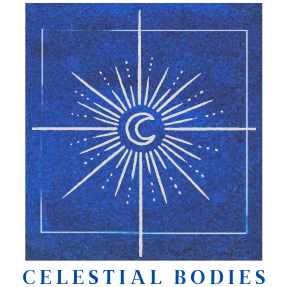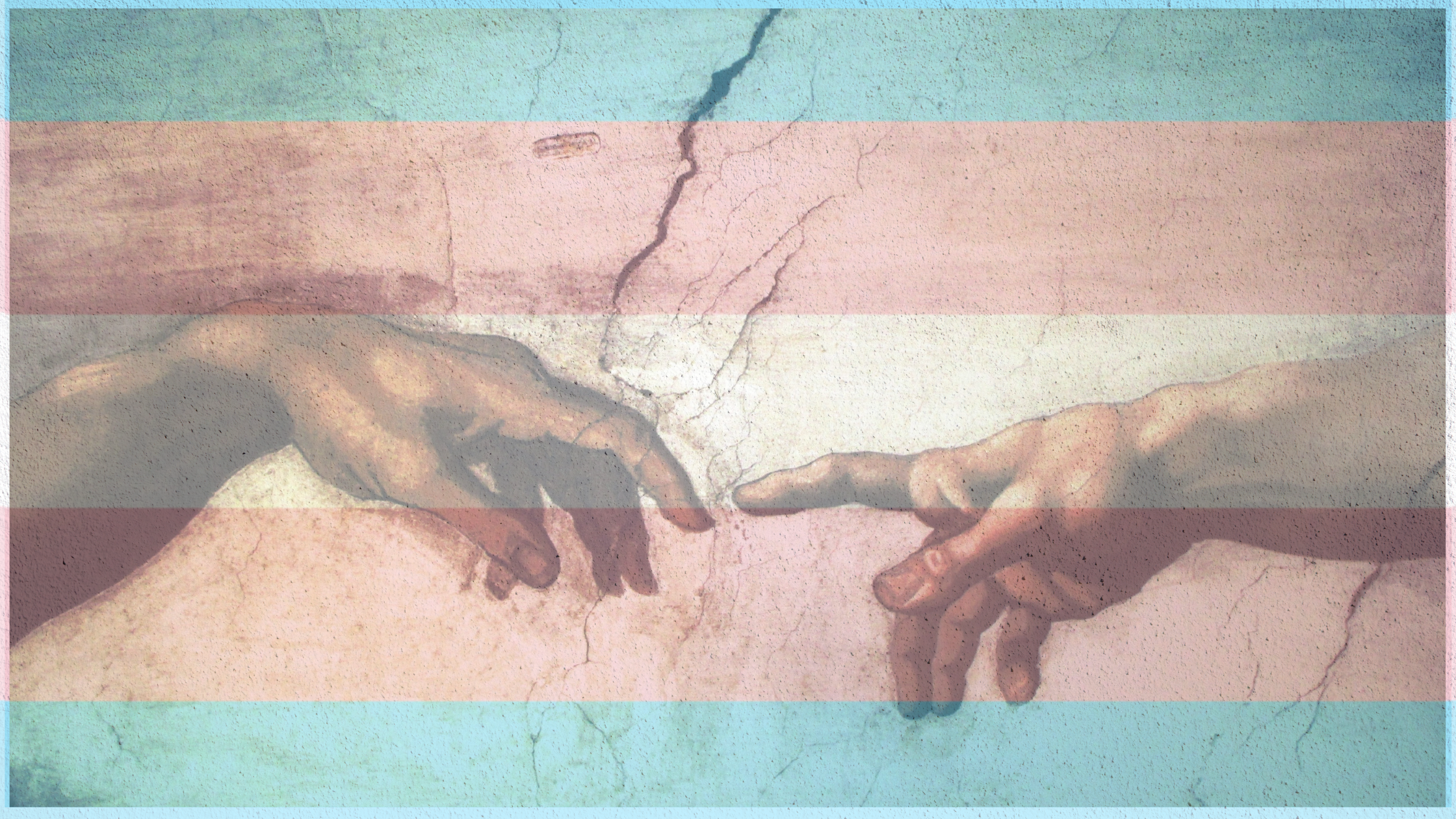“Breaking apart the forced unity of sex and gender, while increasing the scope of liveable lives, needs to be a central goal of feminism and other forms of social justice activism. This is important for everybody, especially, but not exclusively, for trans people.”
Susan Stryker
It is March 28, and already this year 490 bills have been introduced in 47 states to block trans people (especially youth) from basic healthcare, education, legal recognition, and even the right to publicly exist. 23 have passed. For some perspective, I found zero evidence in the news archives of children have been harmed through engagement with their trans peers. In contrast, research has shown that 86% of nonbinary youth are experiencing mental health issues and 50% have felt suicidal as a result of the contentious public debate. In fact, 64% of Americans are strongly in favor of protecting transgender people from discrimination versus just 10% who strongly oppose the protection. The more granular the debate gets, the less clear people are on how they feel about the issue. The efforts appear to be performative in nature, designed by fearmongers to make people uncomfortable and bring voters out of the woodwork.
Many ancient polytheistic cultures held transgender and gender fluidity as sacred and supernatural. For the ancient Hindus, the spiritual realm was without limitation of any form – including gender. Spirits could enter the material world and reassign gender as warranted. The first known authored literary work, by 2300 B.C. Sumerian priestess praises the gender-fluid goddexx Inana for her gift of turning a man into a woman and a woman into a man. Egyptian myth and lore give us Hatshepsut, a transgender Pharoah, who identifies as a woman (and occasionally a lioness) and insists on female pronouns while holding onto the title of king. One Tagalog creation story features a world playfully created by transgender goddexx Lakapati and Bathala from a ball of clay.
Friday is the 13th annual observance of Transgender Day of Visibility (TDOV). It is meant to be a celebration – empowering people to live their authentic lives and treat a contrast to media misrepresentations that leave people with inaccurate stereotypes. This TDOV we can take inspiration from the ancients by opening our hearts and minds to the sacred in all people, seeking out and sharing the stories that break the stereotypes, and leaning in as allies.
Watch. Stream the documentary Disclosure. It tackles transgender cliched representation in media for an eye-opening consideration of the importance of normalizing representation. Here is a link to GLAAD media awards for more viewing opportunities
Share. Whenever we get the opportunity to share empowering real-world stories let’s share them. Here is one to get you started. Here is another.
Ally. Let’s renew our efforts around pronoun use. Perhaps introducing ourselves with our pronouns no matter the context and working to replace gendered constructs like girls and boys in our everyday conversations. Here is a handy guide.




